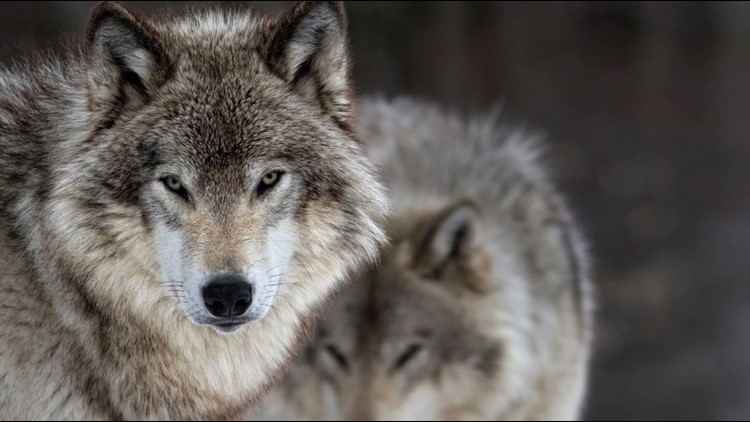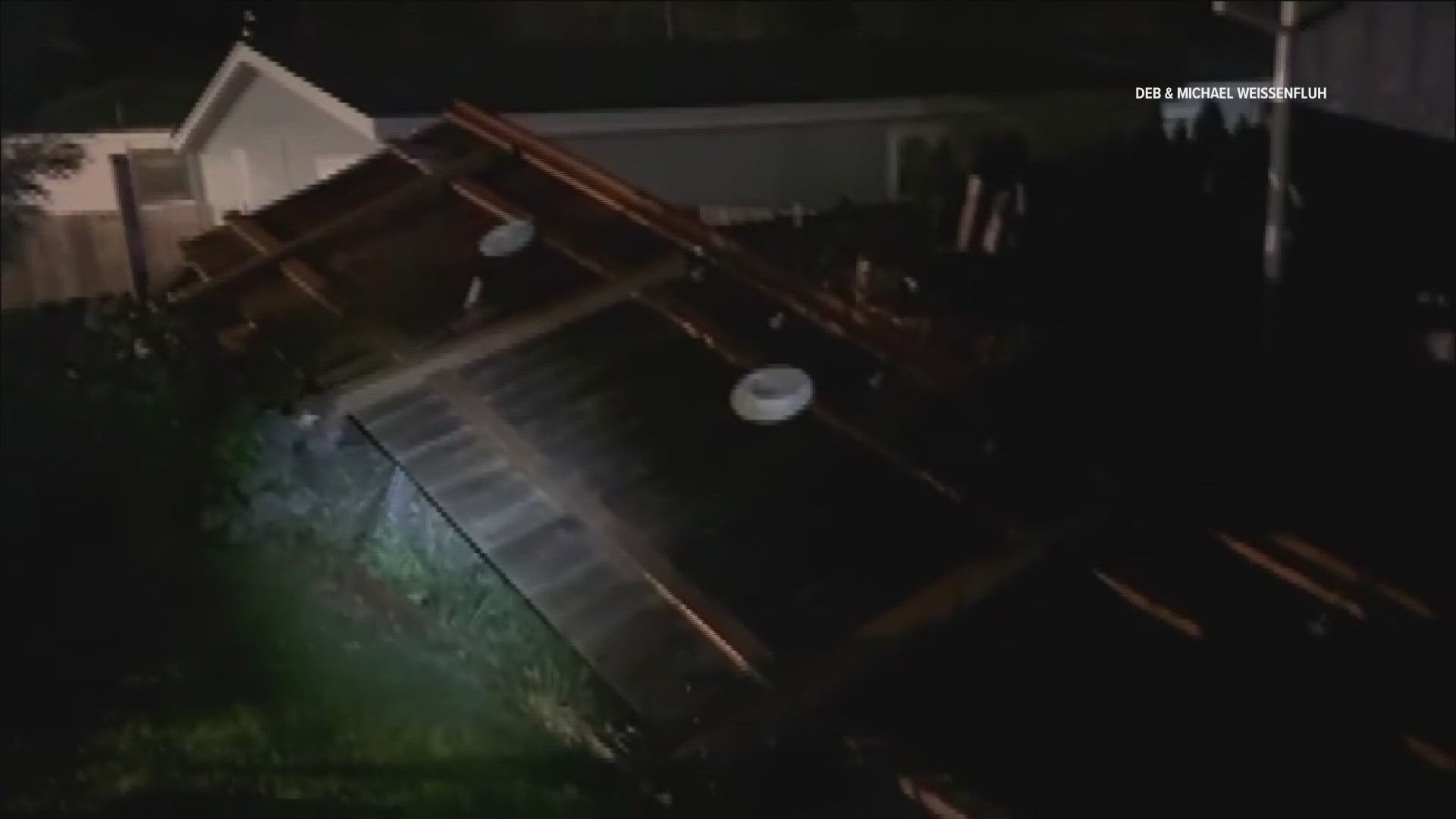BILLINGS, Mont. — Two Montana men have been cited over illegally poaching two wolves from a helicopter in the Big Hole Valley.
The Billings Gazette reports that Dalton Thomas Tamcke, 30, and Justin Samuel Peterson, 22, told wildlife authorities they were hunting coyotes for predatory control action on March 3 and mistakenly took the wolves for coyotes. The men later recovered the carcasses by snowmobile.
Tamcke paid a $425 fine and Peterson paid a $435 fine, according to records from the Beaverhead County Justice Court. Neither man had licenses to hunt wolves, and wolf hunting from helicopters is illegal.
Kerry Wahl, a game warden with Montana Fish Wildlife & Parks, said authorities didn't pursue charges against the helicopter pilot that was flying the two men or the company, saying it was the shooters' responsibility for what happened.
The wolves were an adult male and female and have been kept in an evidence freezer at the agency's office in Dillon.
Montana’s Republican governor, Greg Gianforte, and the GOP-controlled Legislature have moved to increase the legal taking of wolves, which were removed from the U.S. Endangered Species list in Montana in 2011.
Gianforte signed a bill Friday allowing the use of private funds to reimburse wolf hunters or trappers for their expenses. Hunting and livestock groups contend not enough of the 1,200 wolves in Montana are being killed by hunters to limit their impact on big game outfitters or cattle and sheep producers.
The reimbursement program is similar to one in Idaho, where a private group pays its members up to $1,000 for costs incurred while scouting, hunting or trapping wolves.
Gianforte also has signed bills to allow the snaring of wolves, in addition to trapping, and to extend the wolf hunting season. Lawmakers have forwarded to the governor a bill to allow individuals to kill an unlimited number of wolves, hunt at night with artificial lights and night vision scopes and use bait to lure wolves into traps.
In Idaho, a bill to allow the state to hire private contractors to reduce the wolf population from about 1,500 to 150 is quickly moving through the Legislature. It allows the use of night-vision equipment to kill wolves as well as hunting from snowmobiles and all-terrain vehicles, among other changes.
Backers cite cattle and sheep deaths that cost ranchers hundreds of thousands of dollars, while opponents say the legislation threatens a 2002 wolf management plan involving the federal government.



